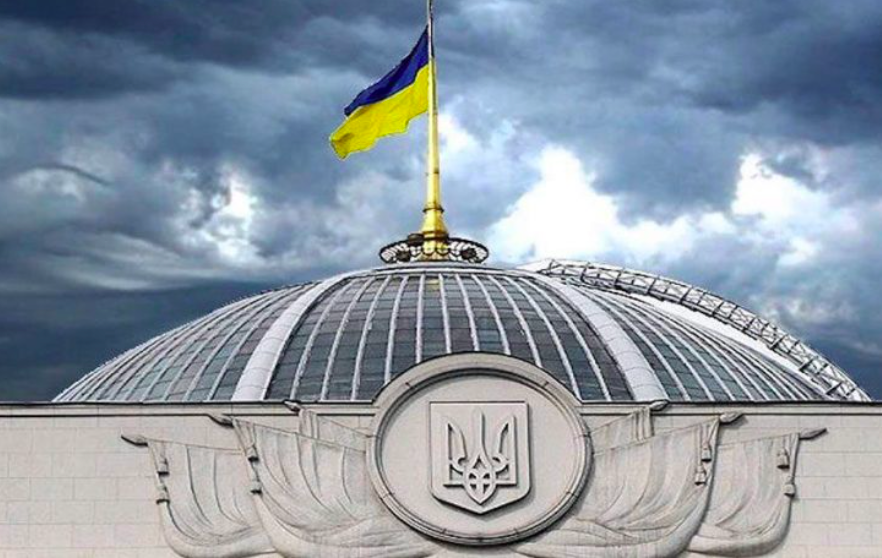
According to the latest census data in Ukraine, which is a multi-national country, representatives of more than 130 nationalities and ethnic groups live in the country. Apart from the Ukrainians, the most numerically prominent of these people that make up the population are Crimean Tatars, Karaites, Krymchaks, and Gagauzes. The other ethnic groups in Ukraine are national minorities, as in, they are the diasporas of nations that have their own ethnic homeland or national formations outside the borders of Ukraine. For instance, today, many Belarusians live in the northern regions of Ukraine; Hungarians, Romanians, and Poles live in the west; Bulgarians and Moldovans live in the south and central regions, and Russians live in the east.[1] On this account, Ukraine has many indigenous peoples that need protection. Although the laws of Ukraine do not apply to all peoples in the country, with the decision taken on July 1, 2021, it was approved to grant indigenous people status to some ethnic people living in Ukraine.
The Ukrainian Parliament approved the law on granting indigenous people status to certain groups at an extraordinary meeting held on Thursday, July 1. The proposed law introduced by the President of Ukraine Volodymyr Zelenskyy, recognized the Crimean Tatars, Karaites, and Krymchaks as “indigenous peoples of Ukraine”. The law, accepted in the general assembly with the affirmative votes of 325 out of 345 deputies who participated in the voting, does not grant the status of indigenous people to Russians living in the country, since they have a state outside the borders of Ukraine. It guarantees the rights of indigenous peoples against assimilation, deprivation of cultural values, eviction, or forced displacement. It also guarantees cultural, educational, and linguistic rights.[2]
In accordance with the provisions of the law, the indigenous peoples of Ukraine and their representatives, collectively and individually, have become entitled to the full utilization of all human rights and fundamental freedoms defined in the Universal Declaration of Human Rights. The law also ensures the determination of the legal status of the representative bodies of the indigenous peoples of Ukraine, the provision of resources, and ways to deal with the question of international representation.[3] The fact that issues related to the international representation of Ukraine’s indigenous peoples are also covered under the law has intensified comments that the law is part of Ukraine’s strategy to ensure the de-occupation and reintegration of Crimea.[4] The statements of a Ukrainian deputy on this issue supports this idea:
“For the first time, we will draw attention not only to human rights violations by the occupying authorities of Crimea but also to the discrimination against the indigenous peoples of Ukraine. The law on indigenous peoples is a truly historical document for Ukraine. That is why it is important that the people of Crimea feel our support. Crimea is Ukraine! Ukraine is Crimea!”[5]
This move by Ukraine was met with harsh criticism in Russia. In a television interview, Russian President Vladimir Putin said that the law does not comply with the norms of international humanitarian law. Putin noted that not calling Russians as indigenous people under the law is “not only wrong but also ridiculous” and that it will harm relations. Putin continued his criticism with his analogy that the results of the adoption of this law are comparable to the use of a weapon of mass destruction. The Russian Orthodox Church also criticized the bill and pointed out that such a decision could undermine the stability and integrity of Ukraine. The church also underlined that Kiev’s initiative would be characterized as discrimination against countless Russians. The Ukrainian authorities, on the other hand, denied all accusations of discrimination against Russians. It was stated that the concept of “indigenous peoples” and “national minorities” are different from each other, and it was emphasized again that the Russians cannot be considered as indigenous people because they have their own state.[6] Evaluating the similarities and differences between national minorities and indigenous peoples, both groups have the right to receive education in their native tongue, preserve their historical heritage, and possess their own media. However, the state still promises financial assistance to local media outlets. The main difference in terms of legislation is that the law on indigenous peoples promises these people the creation of representative bodies to defend their interests. The state also assumes the responsibility of financing the work of these institutions. There are no such institutions for national minorities in Ukraine.[7]
According to the experts, this initiative can be considered a success for Ukraine in the development of inter-ethnic relations in the country. The law, which has been interpreted as a step towards eliminating the heavy Soviet legacy related to the marginalized nations since the era of the Russian Empire and the USSR, is based on the protection of people subjected to discrimination, illegal suppression, exile, and assimilation. The protection of the rights of the people of Crimea, who came to Ukraine from the Crimean Peninsula that, was annexed by Russia in 2014, (which was not recognized by many countries including Turkey), has special importance within the scope of the accepted law. The protection of the rights of the Crimean Tatars, which is among the most important priorities of the Ukrainian state policy, can also be considered as a part of the hope for the de-occupation and regaining of Crimea.
[1]“Indigenous Peoples in Ukraine You May Have Never Heard About”, Ukraine World, July 23, 2019, https://ukraineworld.org/articles/ukraine-explained/indigenous-peoples-ukraine-you-may-have-never-heard-about
[2]“Ukraine Adopts Law Recognizing Crimean Tatars As Indigenous Peoples”, Daily Sabah, July 2, 2021, https://www.dailysabah.com/world/europe/ukraine-adopts-law-recognizing-crimean-tatars-as-indigenous-peoples
[3]“Ukrainian Parliament Adopts Law On Indigenous Peoples”, Ukrinform, July 1, 2021, https://www.ukrinform.net/rubric-polytics/3273643-ukrainian-parliament-adopts-law-on-indigenous-peoples.html
[4]Ali Cura, Emre Gürkan Abay, “Ukrayna’da Kırım Tatar Türkleri Yerli Halk Statüsüne Kavuştu”, Anadolu Ajansı, 1 Temmuz 2021, https://www.aa.com.tr/tr/dunya/ukrayna-da-kirim-tatar-turkleri-yerli-halk-statusune-kavustu/2291624
[5]Anife Bilal, “Kırım Tatarlarını Ukrayna’nın Yerli Halkı Olarak Tanıyan Kanun Kabul Edildi”, Kırım Haber Ajansı, 1 Temmuz 2021, https://qha.com.tr/kirim/kirim-tatarlarini-ukrayna-nin-yerli-halki-olarak-taniyan-kanun-kabul-edildi/330536/
[6]“Ukraine’s Rada passes bill on indigenous peoples, denies this status to Russians”, TASS Russian News Agency, July 1, 2021, https://tass.com/world/1309659
[7]“Why Ukraine’s Legislation On ‘Indigenous Peoples’ Doesn’t Include Russians, Meduza, July 9, 2021, https://meduza.io/en/cards/why-ukraine-s-legislation-on-indigenous-peoples-doesn-t-include-russians
© 2009-2025 Center for Eurasian Studies (AVİM) All Rights Reserved
No comments yet.
-
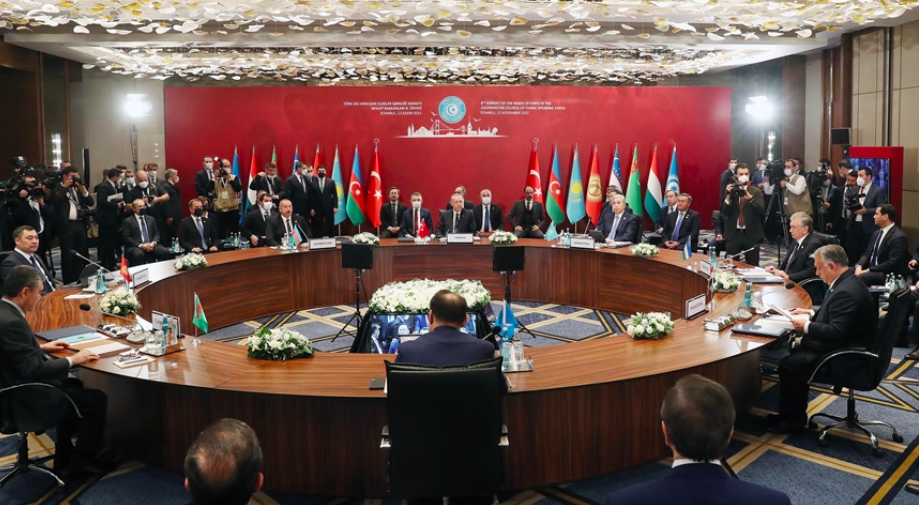 FROM TURKIC COUNCIL TO ORGANIZATION OF TURKIC STATES
FROM TURKIC COUNCIL TO ORGANIZATION OF TURKIC STATES
Şevval Beste GÖKÇELİK 22.11.2021 -
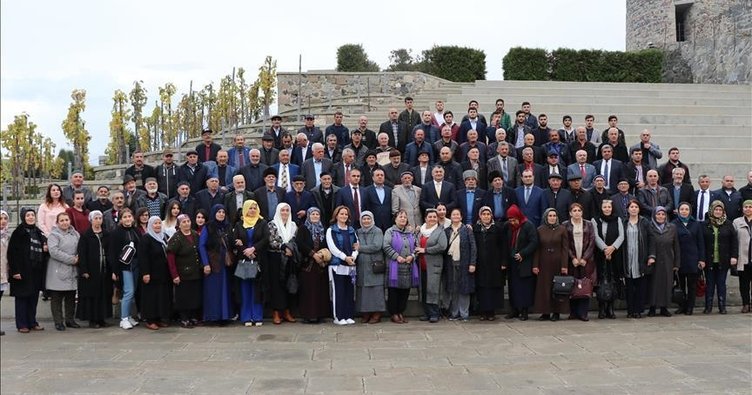 GEORGIA-TURKEY RELATIONS IN THE CONTEXT OF THE MESKHETIAN TURKS ISSUE
GEORGIA-TURKEY RELATIONS IN THE CONTEXT OF THE MESKHETIAN TURKS ISSUE
Şevval Beste GÖKÇELİK 18.12.2020 -
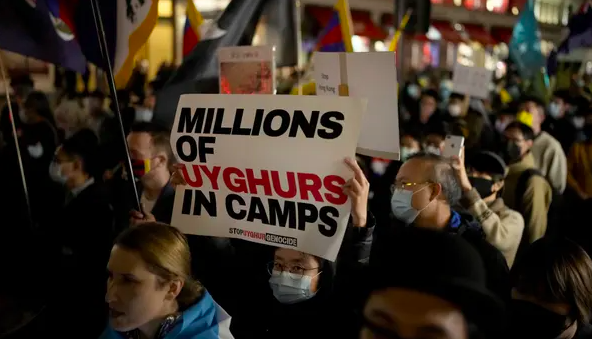 THE DOCUMENTS EXPOSING CHINA’S HUMAN RIGHTS VIOLATIONS
THE DOCUMENTS EXPOSING CHINA’S HUMAN RIGHTS VIOLATIONS
Şevval Beste GÖKÇELİK 27.12.2021 -
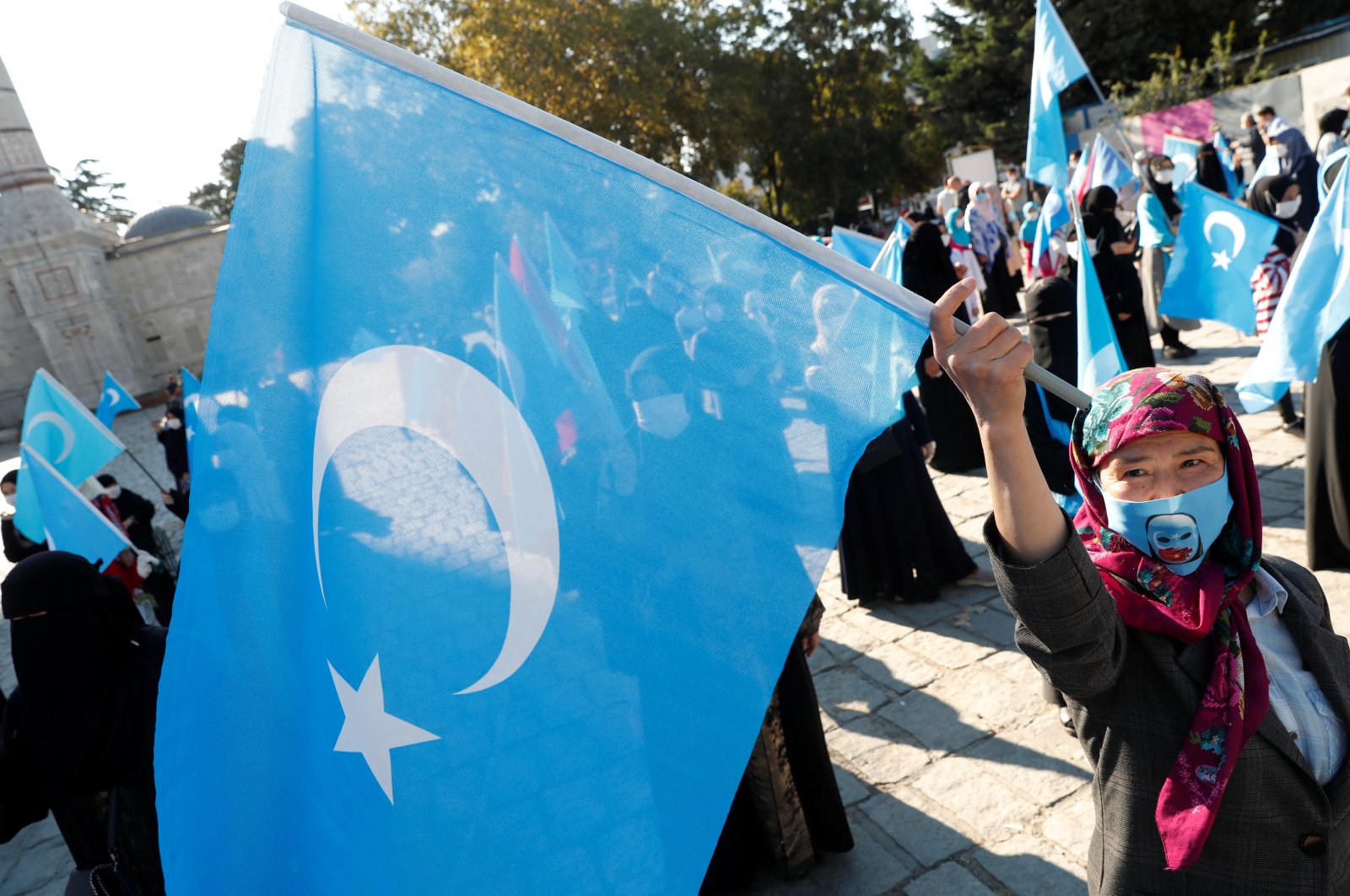 THE EFFECT OF THE UYGHUR TURKS ON TURKEY-CHINA RELATIONS
THE EFFECT OF THE UYGHUR TURKS ON TURKEY-CHINA RELATIONS
Şevval Beste GÖKÇELİK 06.01.2021 -
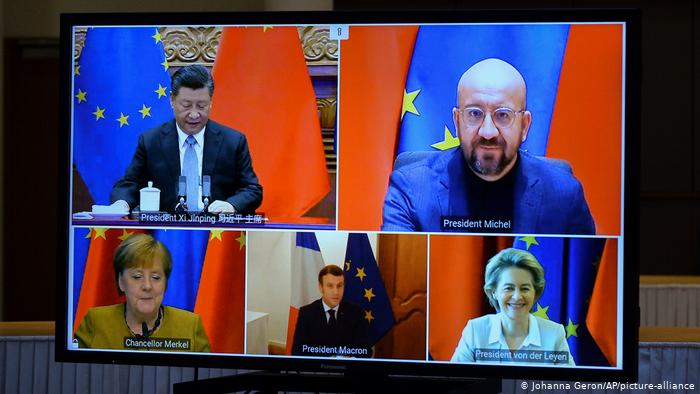 HOW TO UNDERSTAND THE EU-CHINA AGREEMENT ON INVESTMENT
HOW TO UNDERSTAND THE EU-CHINA AGREEMENT ON INVESTMENT
Şevval Beste GÖKÇELİK 08.02.2021
-
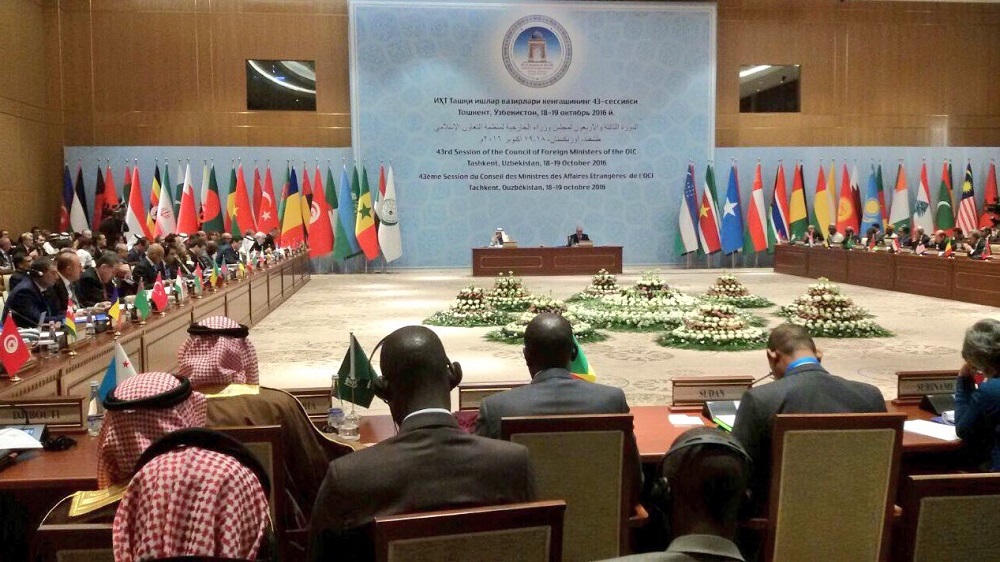 OIC COUNCIL OF FOREIGN MINISTERS 43RD SESSION HELD IN UZBEKISTAN
OIC COUNCIL OF FOREIGN MINISTERS 43RD SESSION HELD IN UZBEKISTAN
Özge Nur ÖĞÜTCÜ 02.11.2016 -
CHURCH PROPERTIES AND THE AMERICAN CONGRESS
Ömer Engin LÜTEM 10.04.2014 -
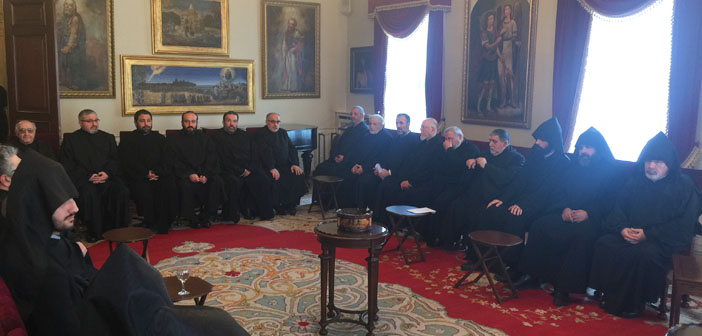 OUTSIDE INTERVENTION TO THE ELECTION OF THE ARMENIAN PATRIARCH OF ISTANBUL CONTINUES
OUTSIDE INTERVENTION TO THE ELECTION OF THE ARMENIAN PATRIARCH OF ISTANBUL CONTINUES
AVİM 17.03.2017 -
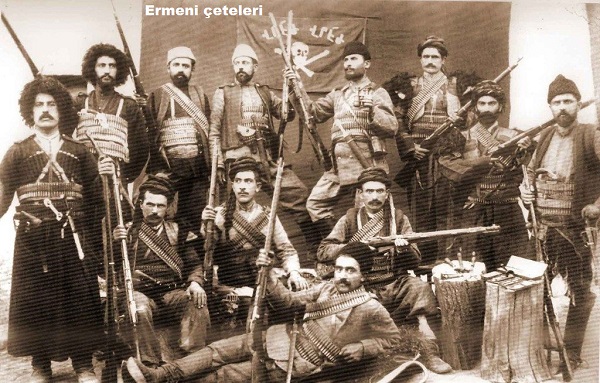 ANOTHER INSTANCE OF RADICAL ARMENIAN NATIONALISM AND TURCOPHOBIA BEING JUSTIFIED: SUMBAD BOROYAN
ANOTHER INSTANCE OF RADICAL ARMENIAN NATIONALISM AND TURCOPHOBIA BEING JUSTIFIED: SUMBAD BOROYAN
Ahmet Can ÖKTEM 18.10.2020 -
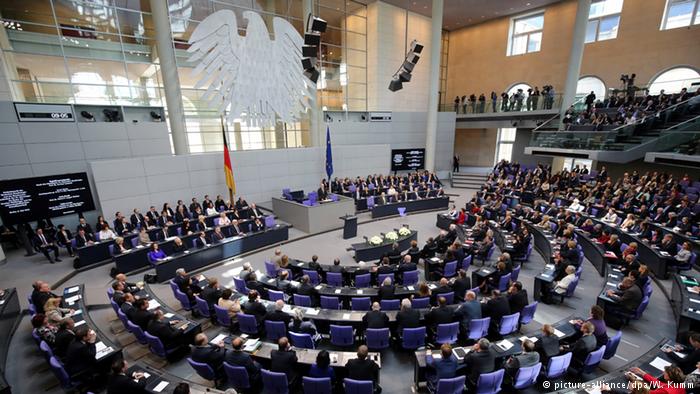 GERMAN FEDERAL ASSEMBLY’S UNFRIENDLY RESOLUTION TOWARDS TURKEY AND TURKISH PEOPLE
GERMAN FEDERAL ASSEMBLY’S UNFRIENDLY RESOLUTION TOWARDS TURKEY AND TURKISH PEOPLE
Ali Murat TAŞKENT 14.06.2016
-
25.01.2016
THE ARMENIAN QUESTION - BASIC KNOWLEDGE AND DOCUMENTATION -
12.06.2024
THE TRUTH WILL OUT -
27.03.2023
RADİKAL ERMENİ UNSURLARCA GERÇEKLEŞTİRİLEN MEZALİMLER VE VANDALİZM -
17.03.2023
PATRIOTISM PERVERTED -
23.02.2023
MEN ARE LIKE THAT -
03.02.2023
BAKÜ-TİFLİS-CEYHAN BORU HATTININ YAŞANAN TARİHİ -
16.12.2022
INTERNATIONAL SCHOLARS ON THE EVENTS OF 1915 -
07.12.2022
FAKE PHOTOS AND THE ARMENIAN PROPAGANDA -
07.12.2022
ERMENİ PROPAGANDASI VE SAHTE RESİMLER -
01.01.2022
A Letter From Japan - Strategically Mum: The Silence of the Armenians -
01.01.2022
Japonya'dan Bir Mektup - Stratejik Suskunluk: Ermenilerin Sessizliği -
03.06.2020
Anastas Mikoyan: Confessions of an Armenian Bolshevik -
08.04.2020
Sovyet Sonrası Ukrayna’da Devlet, Toplum ve Siyaset - Değişen Dinamikler, Dönüşen Kimlikler -
12.06.2018
Ermeni Sorunuyla İlgili İngiliz Belgeleri (1912-1923) - British Documents on Armenian Question (1912-1923) -
02.12.2016
Turkish-Russian Academics: A Historical Study on the Caucasus -
01.07.2016
Gürcistan'daki Müslüman Topluluklar: Azınlık Hakları, Kimlik, Siyaset -
10.03.2016
Armenian Diaspora: Diaspora, State and the Imagination of the Republic of Armenia -
24.01.2016
ERMENİ SORUNU - TEMEL BİLGİ VE BELGELER (2. BASKI)
-
AVİM Conference Hall 24.01.2023
CONFERENCE TITLED “HUNGARY’S PERSPECTIVES ON THE TURKIC WORLD"









